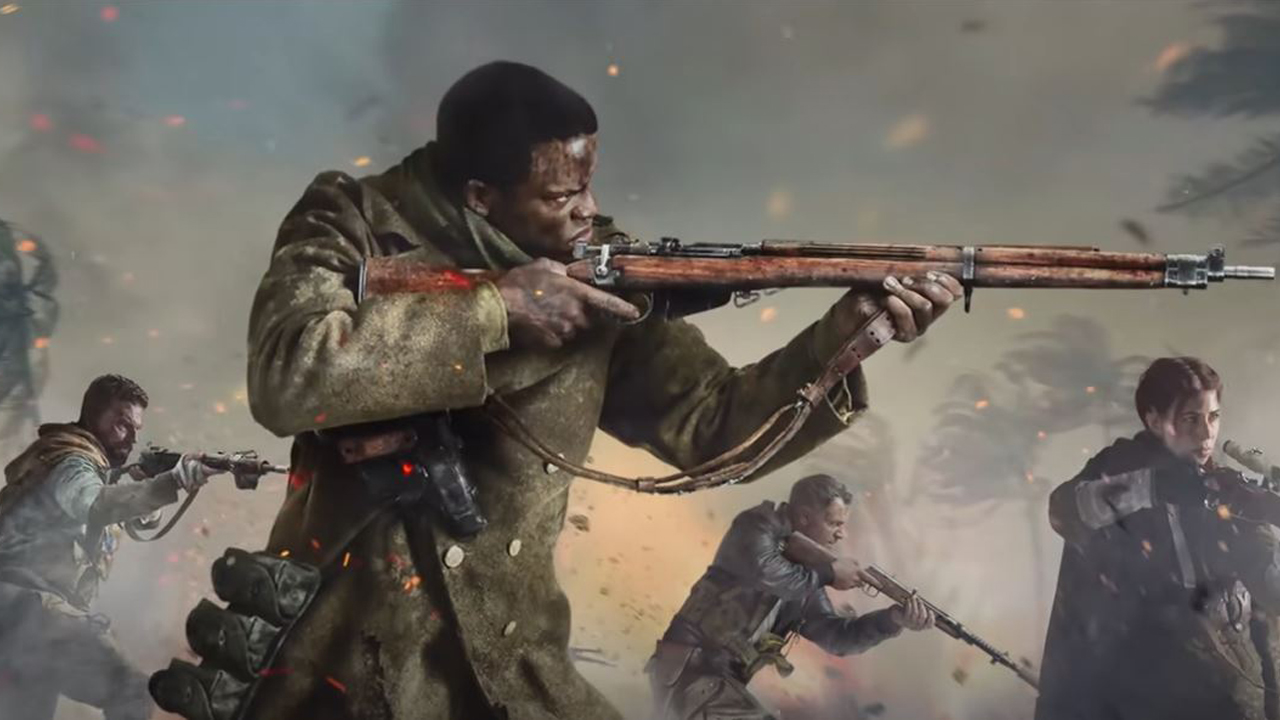To use official industry parlance, Call of Duty: Vanguard was pretty okay. “The singleplayer has a couple of great missions, and the multiplayer has a couple of decent modes,” we said in our 60% review. “But on the whole, Call of Duty: Vanguard is a war we’ve seen before.”
Apparently, Activision Blizzard feels more or less the same way. In its recently-released 2021 annual report, the company said that Vanguard didn’t meet expectations, “primarily due to our own execution.”
“The game’s World War 2 setting didn’t resonate with some of our community and we didn’t deliver as much innovation in the premium game as we would have like,” the report says. “We are certainly addressing both of these issues with the 2022 launch. Developer on the 2022 premium and Warzone experiences is being led by Activision’s renowned Infinity Ward studio. We are working on the most ambitious plan in Call of Duty history, with over 3,000 people now working on the franchise and a return to the Modern Warfare setting that delivered our most successful Call of Duty title ever.”
Call of Duty definitely appears to be struggling, at least in comparison to the heady days of 2020 and early 2021, following Warzone’s release. We reported last week that it shed 50 million players in the past year, due to a blend of disappointing Vanguard sales and “lower engagement” in Warzone, although we theorized that the live-game battle royale Warzone was likely responsible for the bulk of the loss.
Still, it seems clear that Activision is pinning a big chunk of the blame on Vanguard, and the WW2 setting in general. Which I think is fair: Vanguard struggled with a number of issues including bugs, bad calls, content delays, and geographical confusion up to and after release, while Activision Blizzard has grappled with allegations of widespead workplace misconduct allegations that came to light before Vanguard was announced.
But apart from all that, the game itself just didn’t seem to set any imaginations on fire, and the story—about a multinational four-person squad hunting down “Hitler’s successor,” who somehow presents an existential threat to the world despite the absolute annihilation of Germany in the events immediately preceding the game—only served to illustrate the contortions required to squeeze something “new” out of a World War 2 setting.
Activision Blizzard is clearly pinning some very big hopes on Modern Warfare 2, the next premium release in the Call of Duty series, which was officially confirmed last week, seems very different. Despite the relative letdown of Vanguard, it has good reason to: It’s a rough metric, but the Vanguard reveal tweet in August 2021 received a little under 34,000 likes; by contrast, the Black Ops – Cold War reveal tweet in 2020 surpassed 118,000 likes, while the Modern Warfare 2 reveal tweet now stands at over 172,000 likes.
The new era of Call of Duty is coming. #ModernWarfare2 pic.twitter.com/HMtv2S6NlzApril 28, 2022


